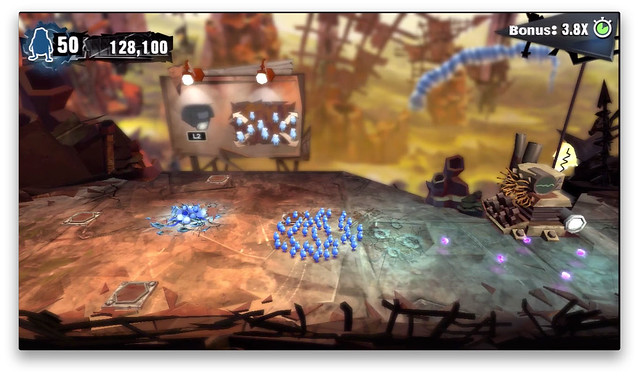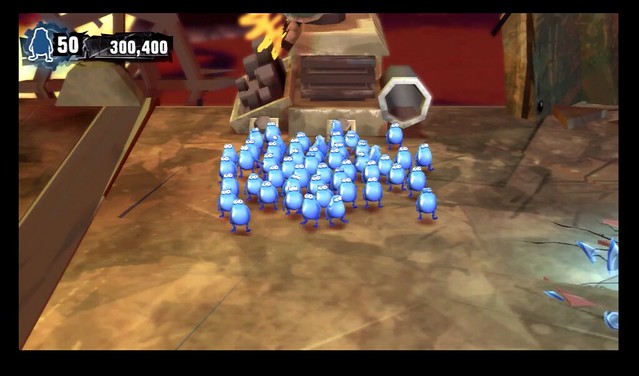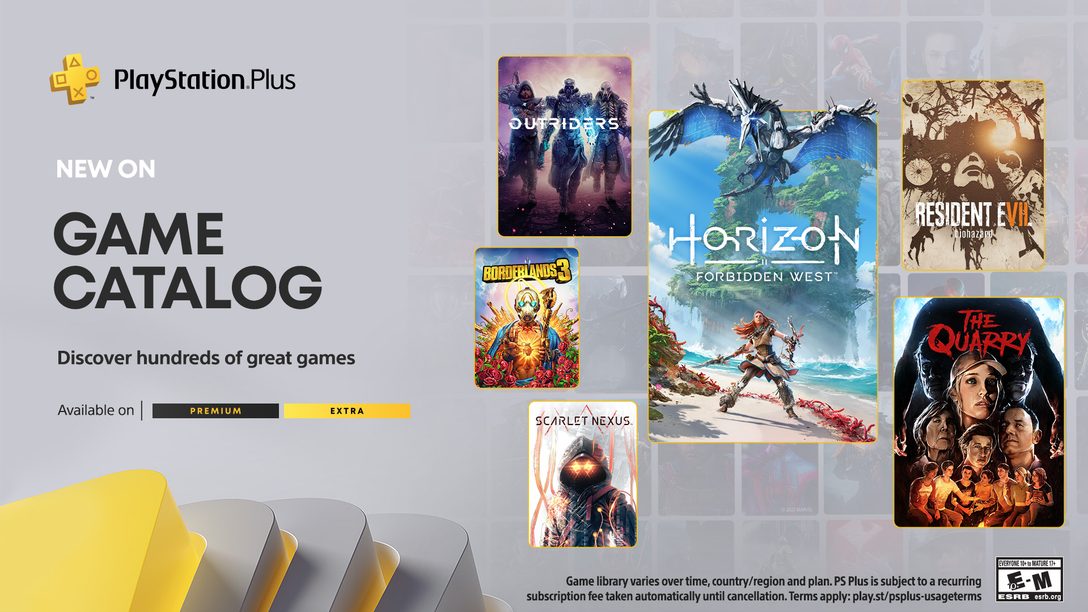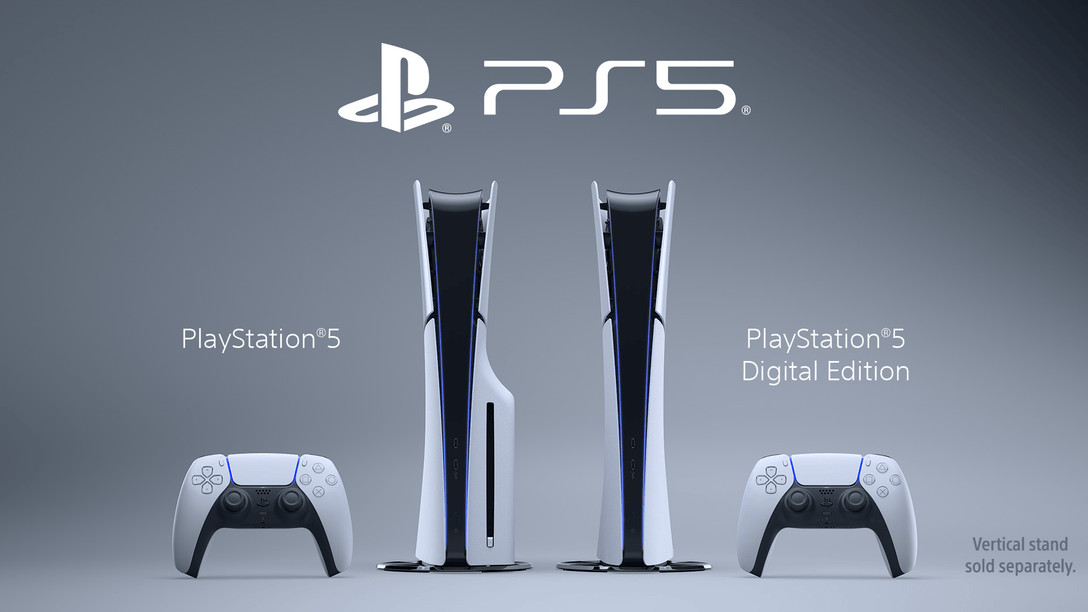
We’re super excited that Swarm is finally about to be released on PlayStation Network. The genesis of the original idea for the game stretches all the way back to 2006, shortly after we started Hothead. There was an indie video game developer contest we wanted to enter, so we brainstormed a ton of ideas on what to submit. Dr. Mike Hayward, Hothead’s resident Ph.D., brought forward a concept based on his doctoral research in artificial life. He called it Swarm and it had plenty of science cred. We thought this was our contest winner, so we came up with a cute adorable character to go with his tech, the swarmite, and got to work on a prototype.
In the end we did very well in that contest, placing in the final four, winning the people’s choice vote, and garnering $300,000 in winnings. Every time we wore a Swarm t-shirt in public, invariably someone would ask us about the character. People really seemed to like it. So we knew we were onto something. We just had one problem: what we created wasn’t really a game.
The prototype was cool. 50 pudgy, blue swarmites milled around and waited for you to act. You took control of a single swarmite and the rest watched attentively. You’d take some action, like picking up a rock, and the rest of them would frantically run around, trying to find rocks. There were never enough rocks to go around, and so the swarmites would absentmindedly pick up other items or even their fellow swarmites. Then you’d throw the rocks at a target and they would all follow. Every time you did something, they learned, and as you progressed through the level they used all their learning to move you forward. So the tech was very cool and the way the swarmites behaved was funny, but because you were teaching them, the further you progressed through the level, the more time you spent simply watching and the less time you spent playing.
Our response to this was to park the uber-smart Dr. Mike in a corner and let him play for three years or so. “Turn it into a game!” was our direction. He kept at it, finally hitting a big turning point when he started playing with the idea of directly controlling 50 swarmites at once. Suddenly Swarm started looking like an action game and a platformer. And there were cool examples of emergence that he kind of stumbled on. For example, if you huddle the swarm together and then jump repeatedly, they stack on each other’s heads and form a tall totem. That wasn’t planned in any design document, it just happened by accident in one of Mike’s prototypes.
Armed with some cool new control schemes, we put the game into production and set out to make the coolest PSN game ever. Then we hit our next obstacle. Turns out if you move 50 characters at once and put them in a ridiculously dangerous world with explosives, fans and other things that tend to blow them all over the place, it can get a tad confusing for the player just what is going on and where their swarm is when all hell is breaking loose. So to address this, we did what we always do: lots and lots of playtests. We’d bring in four or five fresh players that have never seen the game before, put a controller in their hand and let them give it a go. Certainly it can be a humbling experience when you watch players get frustrated with your game, but we persisted at iterating and improving it a little each week. It wasn’t long before we had something that users reported was intuitive and fun to play… no small feat for a brand new type of gameplay mechanic!
With our deadline quickly approaching, we turned our attention to replayability. What would give players a reason to want to go back and replay levels they’ve already completed? The epiphany here turned out to be our scoring system. Swarm has multipliers, multipliers on multipliers, checkpoint bonuses, time bonuses and lots and lots of shiny pickups. The upshot of all of it is that whether you’re a beginner or a seasoned player, you can always work to make your score better. There is no natural maximum score on any level. And the great benefit of that is it makes the leaderboards in the game naturally quite competitive. We put your results right in your face as frequently as we can so you always see how you’re measuring up against your friends on each level. We even have the game automatically facilitate a bit of smack talk.
We’re proud of what we’ve made in Swarm: it was wrought from our indie blood, sweat and tears. We’re confident you’ll like what you see when you play it.













Comments are closed.
44 Comments
Loading More Comments